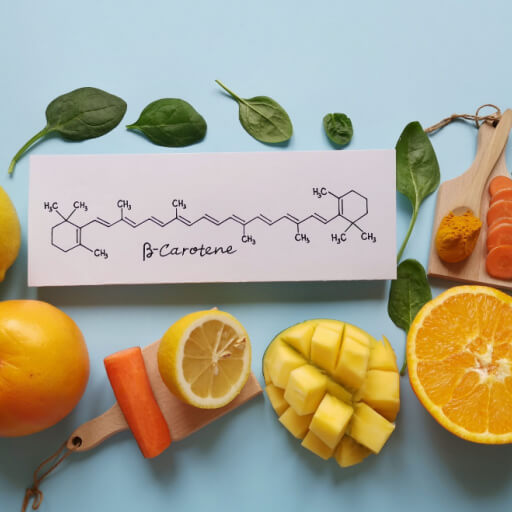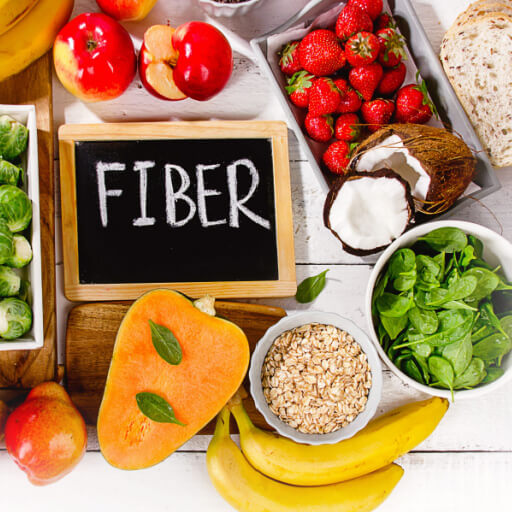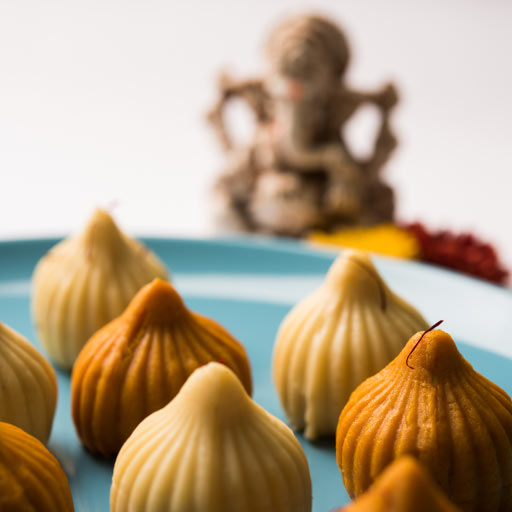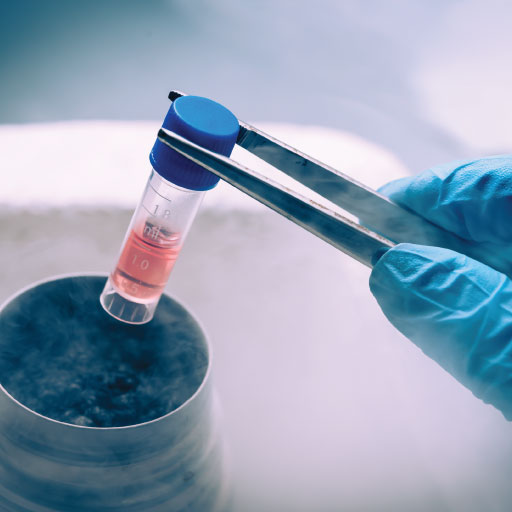A colorful diet can make your meals more palatable and healthy. Fruits and vegetables contain a compound called phytonutrients that gives them rich colors, a distinctive taste, and aroma. Beta-carotene is a similar pigment found in plants that give vivid red, orange, and yellow colours to fruits and vegetables.
What you need to know:
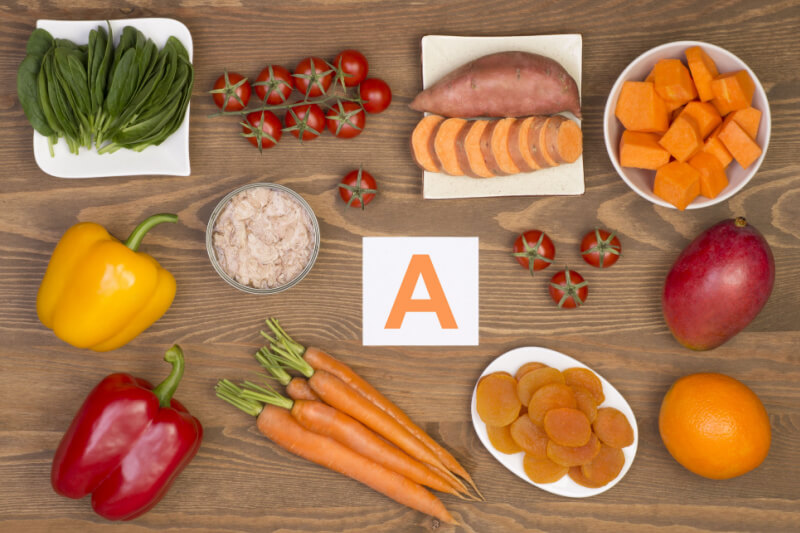
When beta-carotene is consumed, the body converts it into vitamin A. This vitamin is found in two forms: active vitamin A (retinol), which comes from animal-derived foods, and beta-carotene, which is primarily plant-based and has to be converted into retinol once ingested.
What are the benefits of beta-carotene?
Here are some of the benefits of beta-carotene:
- Vitamin A is a vital nutrient in cell growth and proper vision and maintains the health of organs like the heart, kidney, and lungs. Beta-carotenes prevent night blindness and dry eye. They may reduce age-related macular degeneration (AMD) (an eye condition that causes blurry vision, common in people over the age group of 50).
- Beta-carotene is an antioxidant that boosts your immune system and lowers the risk of cardiovascular diseases and cancer.
- If unstable molecules called free radicals increase in the body, they cause an imbalance, leading to cellular and tissue damage, known as oxidative stress. This oxidative stress may factor into health conditions such as inflammatory diseases, diabetes, cancer, and other infectious diseases. Antioxidants like beta-carotene reduce these free radicals.
- Vitamin A forms a significant part of pregnancy diet and while breastfeeding. It is essential for the healthy development of the fetus and newborn.
- It also can improve cognitive function and memory, further slowing down or decreasing the risk of cognitive decline and conditions such as dementia and contribute to reducing the symptoms of Alzheimer’s disease.
- People with oral leukoplakia have white lesions on their tongues, gums or inside their cheeks. Beta-carotenes can help treat this condition.
- Vitamin A is also important for healthy lung function and reduces the risk of lung cancer.
Foods rich in beta-carotene
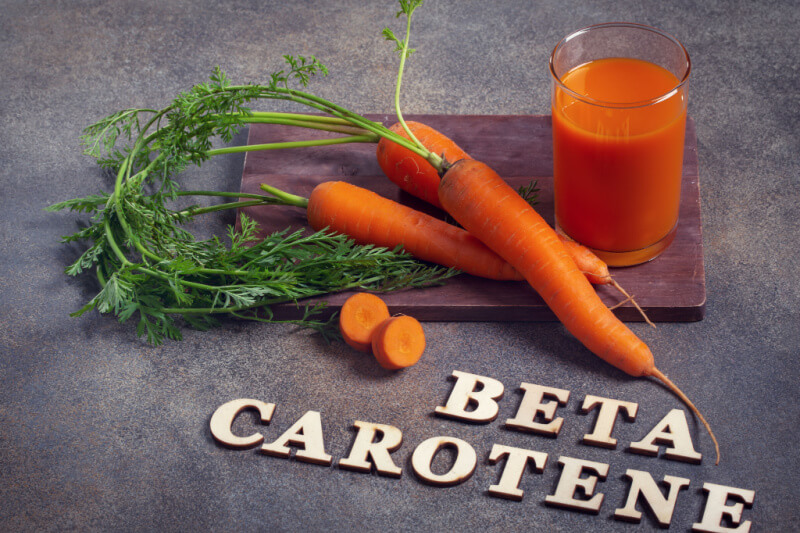
Although many red, yellow, and orange-colored foods have beta-carotene, even green foods are good sources. The more intense the color of the food, the more beta-carotene it has. Take a look at the foods rich in beta-carotene, which you can include in your meals.
- Carrots (carotene comes from the Latin word ‘carota’, which means carrot)
- Pumpkin
- Sweet potatoes
- Spinach
- Mango
- Grapefruit
- Broccoli
- Onions
- Peas
- Plums
- Peppers
- Lettuce
- Tomatoes
- Herbs and spices – oregano, paprika, chili powder, parsley
However, do note that excess vitamin A can be toxic. For instance, the chances of lung cancer can increase in people who smoke and have a high beta-carotene intake. Therefore, avoid smoking to take care of your overall health.
Stay active in the Activ Living Community to find more details on mindfulness and fitness.





 1800-270-7000
1800-270-7000


